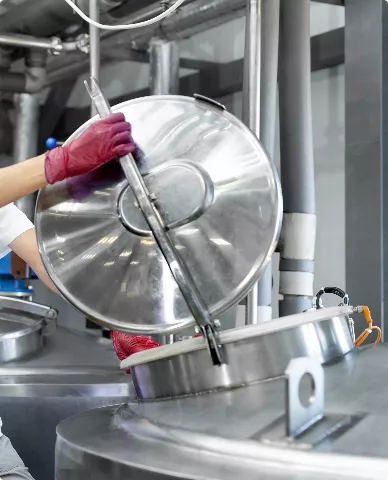Big bags (FIBCs)
Big bags are essential in logistics for processed animal proteins. They provide durability, volume, convenience, safety and palletization for efficient shipping.
Big bags, also known as bulk bags or FIBCs (flexible intermediate bulk containers), are essential for the shipping and storage of processed animal proteins. Their robust design, large volume and other features ensure that product integrity is maintained throughout the logistics process – from the processing plant to the final destination.
Main advantages of big bags
- Durability: They are made from robust polypropylene fabric and designed to withstand the rigors of handling and transport. Their durability ensures that processed animal proteins remain secure and intact in all links in the logistics chain.
- Capacity: They usually have a large volume, depending on the type of material they can hold, for example, around one ton of material. This volume makes them ideal for the efficient transport of large quantities of processed animal proteins.
- Convenience: Equipped with lifting loops and discharge spouts, big bags are designed for easy handling and emptying. The lifting loops ensure easy loading and unloading with forklifts or cranes, while the discharge spouts ensure controlled and clean emptying of the contents.
- Safety: The design and materials of big bags protect the contents from contamination and environmental influences, thereby ensuring the safe shipping of processed animal proteins. The safe structure minimizes the risk of spills or exposure to contaminants.
- Palletization: To increase stability during shipping, big bags are often placed on wooden pallets. Palletization increases the bags’ stability during shipping and also simplifies handling and storage in warehouses and storage facilities.



